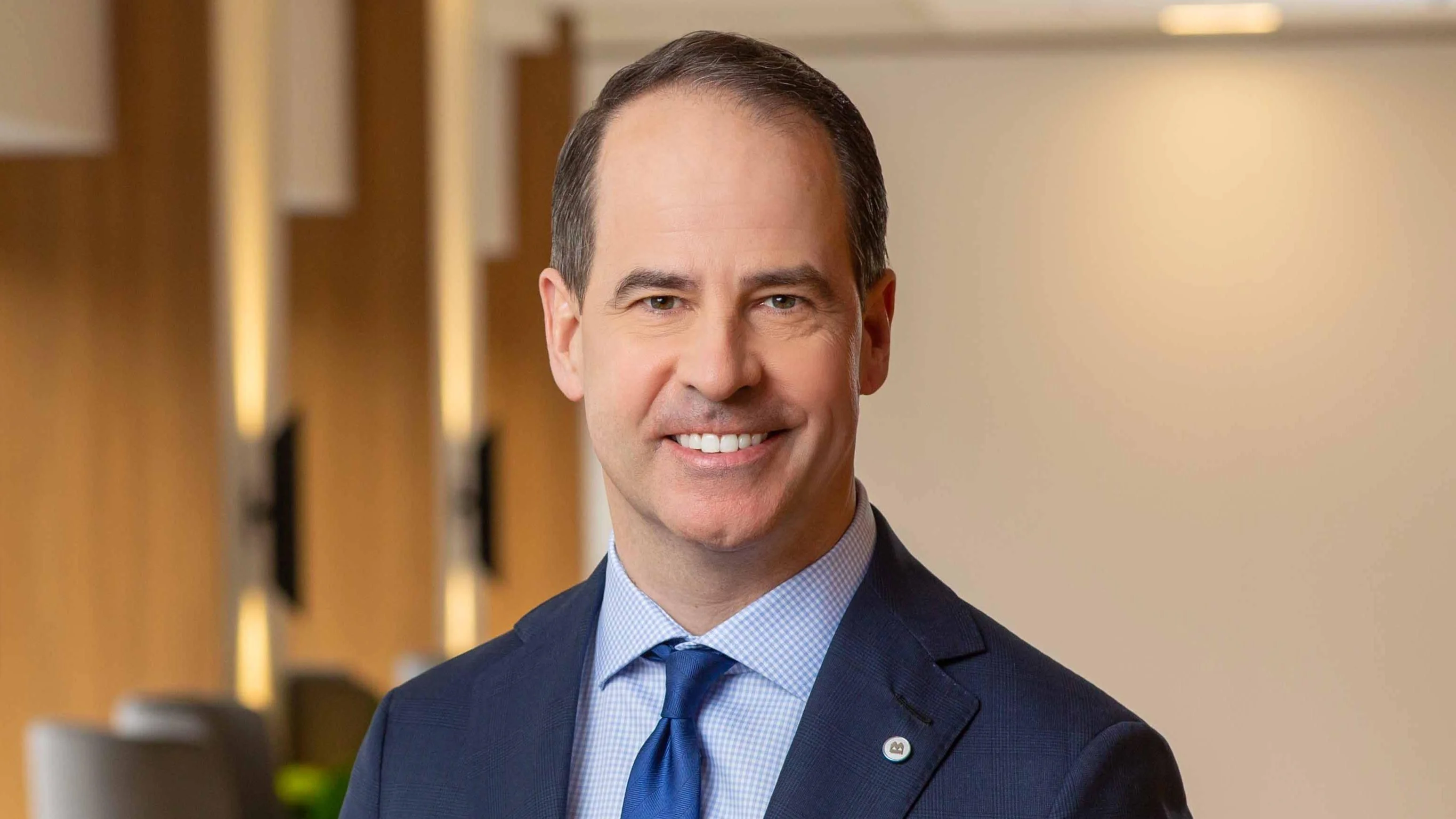Most American parents with children under 18 at home are experiencing heightened financial stress, according to the latest BMO Real Financial Progress Index. The report shows that while 79% of Americans feel anxiety about their overall financial situation, this figure rises to 71% among parents with children at home, compared to 54% for those without.
Despite these pressures, many parents view their experience positively. The survey found that 89% agree having children brings joy and fulfillment. Additionally, 59% of parents with children under 18 believe they are making real financial progress, in contrast to only 41% of those without children at home.
"Parents today report feeling significant financial pressure—but they're also stepping up in powerful ways to take control of their family's financial plans," said Paul Dilda, Head of U.S. Consumer Strategy, BMO. "At BMO, we're proud to support families of all kinds as they set goals, plan ahead, and take action to achieve real financial progress."
The survey indicates that parents are more likely than non-parents to adopt proactive financial strategies. Sixty percent of parents set a yearly budget compared to 37% without children at home. Parents are also more likely to set financial goals (83% vs. 74%), have a written financial plan (54% vs. 31%), and work with a professional advisor (47% vs. 32%).
The cost of raising children is a concern for many Americans; 83% say childcare expenses have "gotten out of control," and 78% often wonder how others manage family costs. Financial stability plays a significant role in family planning decisions—48% of parents say it was among the top three factors influencing whether they had children. Among those who do not yet have children but plan to or are unsure, over half express concern about the potential negative impact on their finances.
Balancing immediate needs with long-term savings is another challenge for families: 84% of parents say daily expenses like daycare or school supplies make it harder to save for their child's future. Many were surprised by everyday costs such as groceries (38%), activities and entertainment (36%), and daycare or afterschool care (32%).
Peer pressure also affects spending habits; 77% of parents feel compelled to match other families' expenditures. This sentiment is stronger among younger generations—78% of Gen Z and 81% of Millennial parents report feeling pressured to overspend, compared with lower rates among Gen X and Boomer parents.
Social media adds another layer of stress: four out of five parents say parenting influencers online increase their financial anxiety, particularly among younger age groups.
Pet ownership contributes additional costs; most Americans see pets as family members and note that pet care expenses have risen significantly in recent years.
"No matter what your priorities are for your family, being intentional with your financial goals can help you feel more in control and avoid peer or social media pressure to overspend," Dilda said.
BMO offers several resources aimed at helping families improve their finances—including digital banking tools for saving toward childcare expenses and access to personal finance education through its Real Financial Progress Hub at https://www.bmo.com/us.
The BMO Real Financial Progress Index was launched in February 2021 as an indicator tracking consumer sentiment around personal finances. The most recent survey was conducted by Ipsos from June 10 to July 17, 2025 with a sample size of approximately 2,500 adults across the United States.
BMO Financial Group is recognized as one of North America's largest banks by assets—totaling $1.4 trillion as of April 30, 2025—and serves customers across Canada, the United States, and select global markets.

